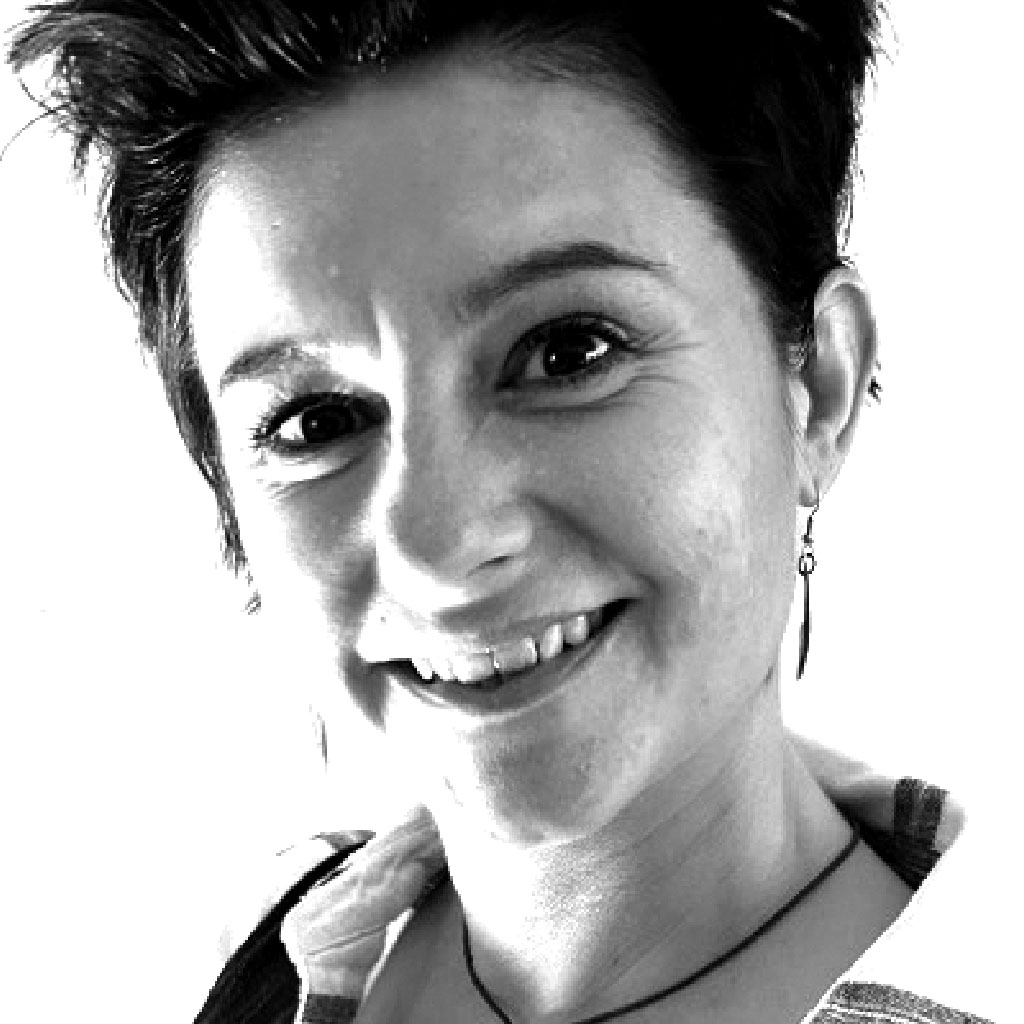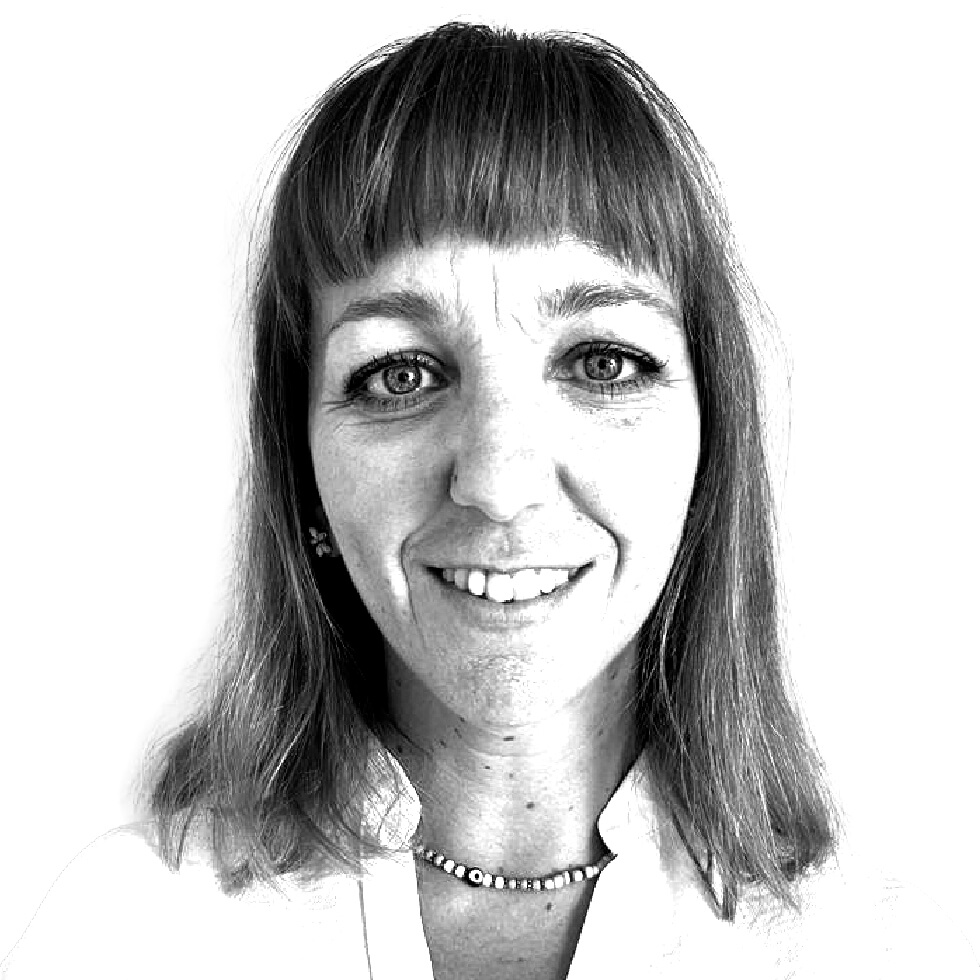
Jo
07305890303
[email protected]
Instant Availability please call before booking
Jo is an accomplished Integrative Counsellor holding a BA (Hons) and a progression of diplomas culminating in a Level 5 Foundation Degree in Counselling & Psychotherapy. Her eclectic therapeutic approach draws from a spectrum of methodologies, ensuring personalized support for each individual's needs. Jo's practical expertise extends to facilitating 'Nature & Nurture' support groups, aiding young people and their parents through emotional challenges by integrating the healing aspects of nature into therapy.
Her work also spans to support for those with learning and neuro-diverse conditions in forensic rehabilitation settings. Committed to professional excellence, Jo continuously updates her skills and maintains membership with the BACP, reflecting her adherence to stringent training and ethical standards.

Rebecca
07305890303
[email protected]
Instant Availability please call before booking
Rebecca is a compassionate mental health professional, specialising in counselling for issues like social anxiety, depression, and relationship challenges. With a focus on personal growth and behavioural change, she has experience in lifespan theories and has navigated the emotional aspects of parenthood.
Rebecca utilises multiple therapeutic approaches such as Humanistic, CBT, and CFT, tailoring her methods to each client's unique needs. She currently offers online sessions via Microsoft Teams, and over the phone. Actively expanding her skills, Rebecca is training in telephone counselling and plans to introduce Walk and Talk therapy.
Cancer.
The concept of having cancer is one that many people struggle to deal with. While it’s easier to prepare for the physical challenges it provides, the mental challenges often go unseen. Whether you are in treatment, are currently in remission or are helping someone else through treatment, you might have feelings of:
- A desire to ‘stay strong’ for the morale of others.
- Turn to faith or some form of spiritual guidance to cope.
- Seek support from other survivors or from professionals via counselling.
Whatever the decision that you make, it’s important that you understand the challenges that likely lie ahead. What’s important, though, is doing what you feel works for you; not for others, but for yourself.
Dealing with diagnosis.
Often, the first challenge you face is an overwhelming feeling of enormity. It can leave you with many questions, from how you will survive to how you will cope with the problem that you face. It often leaves you feeling like you have no real sense of hope for survival, even if the prognosis is positive. Before long, it can take you to a state of utter overwhelming sadness.
It can also lead to a state of denial, even anger. It’s a serious illness, and accepting you have such an unwanted battle on your hands can lead to either denial or pure anger. You will not wish to accept the issue, and it can stop you from getting the treatment that you need through a lack of mental adjustment to the severity of the issue. While denial can be easily beaten with the right support structure around, your anger is harder to escape. Looking for a Psychologist London ?
Making treatment successful.
In a bid to help you make your treatment a more successful one, we try and recommend that you:
- Maintain an optimism. Yes, fighting cancer is hard – the prognosis is not often a good one. Helpfully, a more optimistic nature can help you to fight to the end, and even succeed. If you feel like you are constantly anxious (struggling to sleep, heartbeat increased, constantly feeling shaky) then you need to find a means of relaxation. Stress stops our body healing properly.
- Find hope. While it can be tough, finding hope is your most essential companion on the battle ahead. If you can maintain a greater optimism and find hope in nature, spirituality or even social circumstance, you will be much more likely to come out the other side. While nothing can guarantee that you will win your battle, hope and optimism is often a powerful combination.
- Talk to others. Don’t try and hold all of that fear and uncertainty in; talk to people. Talk to a counsellor, to friends and to family. The more that you can get off your chest, the less that you have to weigh you down and complicate your treatment as time goes on.
- Get help. If you feel like you are potentially feeling depressed (perpetual sadness, numbness emotionally, a sense of worthlessness, mood swings, lack of concentration and constant focus on the negatives) then seek our help immediately. Never sit on these kind of feelings; they will make it very hard to beat your diagnosis.


Over come negative emoitons over cancer.
If you want to beat your cancer, then you need to be able to turn your negative thoughts and fears into a more positive frame of mind. To do this we suggest that you:
- Avoid being alone. Support from others is among your most powerful tools. Cancer can make you feel distant, like nobody understands what you are feeling. Avoid falling out of contact with important people in your life.
- Remove guilt. You might feel guilty for making others worry about you, or that you are now a burden on their lives. Stop this thinking; it’s a negative mentality that does nothing for your chances of long-term recovery.
- Utilise gratitude. The best thing that you can do is to be grateful for the support and love of those around you. Enjoy the little things in life, and spend more time with those who are really special to you.
Using the above, you can hopefully find the strength to overcome your diagnosis. If you feel worried about dealing with cancer, do not hesitate to reach out for help. Professional counselling can go some way to help find relief and give you a chance to get negativity off your chest and fight your illness with a new-found vigour.

Jo
07305890303
[email protected]
Instant Availability please call before booking
Jo is an accomplished Integrative Counsellor holding a BA (Hons) and a progression of diplomas culminating in a Level 5 Foundation Degree in Counselling & Psychotherapy. Her eclectic therapeutic approach draws from a spectrum of methodologies, ensuring personalized support for each individual's needs. Jo's practical expertise extends to facilitating 'Nature & Nurture' support groups, aiding young people and their parents through emotional challenges by integrating the healing aspects of nature into therapy.
Her work also spans to support for those with learning and neuro-diverse conditions in forensic rehabilitation settings. Committed to professional excellence, Jo continuously updates her skills and maintains membership with the BACP, reflecting her adherence to stringent training and ethical standards.

Rebecca
07305890303
[email protected]
Instant Availability please call before booking
Rebecca is a compassionate mental health professional, specialising in counselling for issues like social anxiety, depression, and relationship challenges. With a focus on personal growth and behavioural change, she has experience in lifespan theories and has navigated the emotional aspects of parenthood.
Rebecca utilises multiple therapeutic approaches such as Humanistic, CBT, and CFT, tailoring her methods to each client's unique needs. She currently offers online sessions via Microsoft Teams, and over the phone. Actively expanding her skills, Rebecca is training in telephone counselling and plans to introduce Walk and Talk therapy.
Hoxton Therapy notice: Never act on any advice given in these articles or videos. Always seek professional help from us before acting on anything you read or watch on this website.